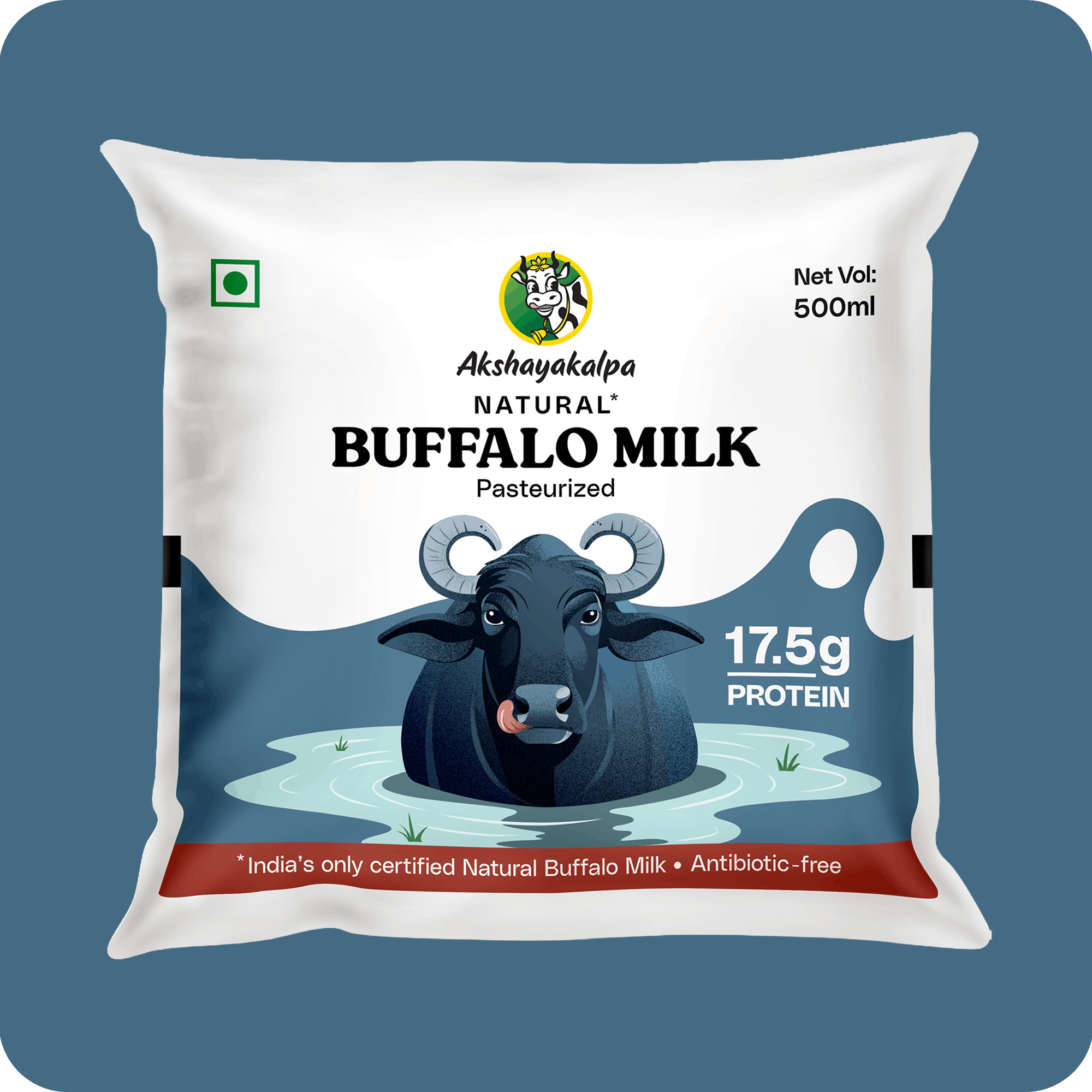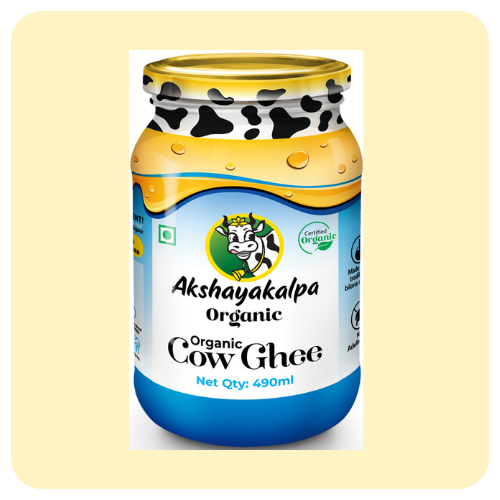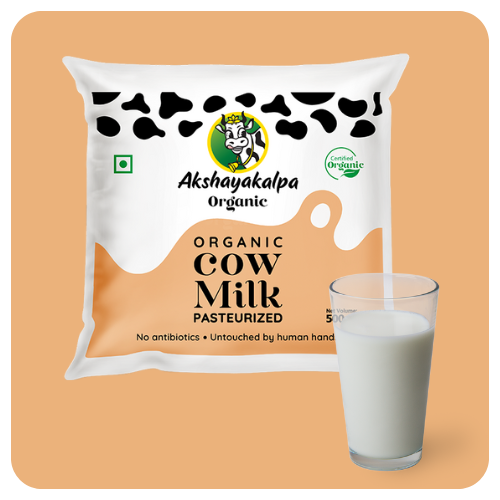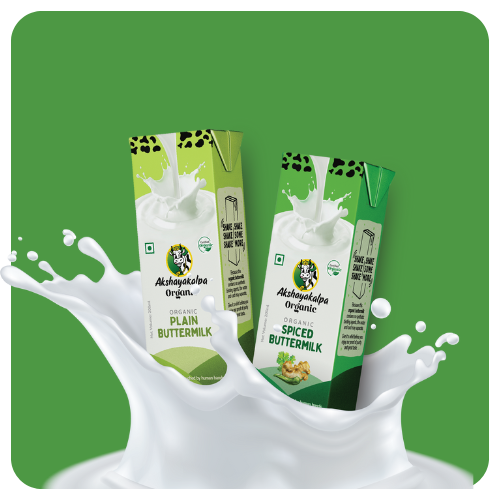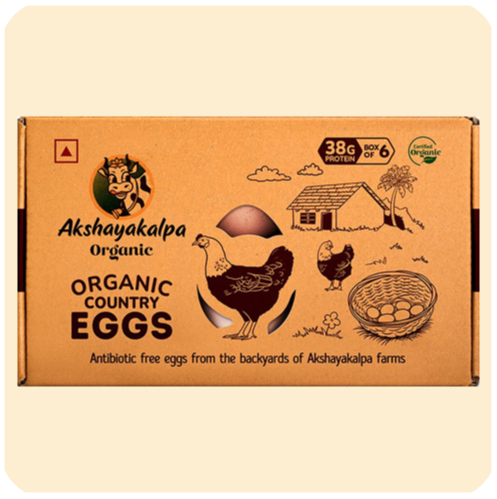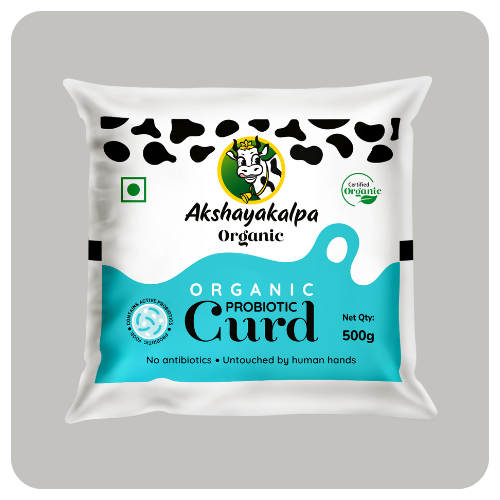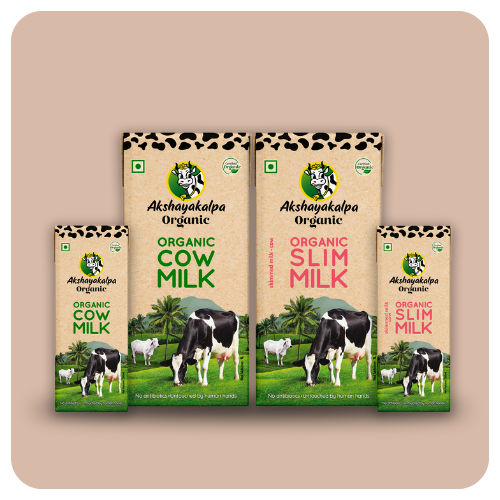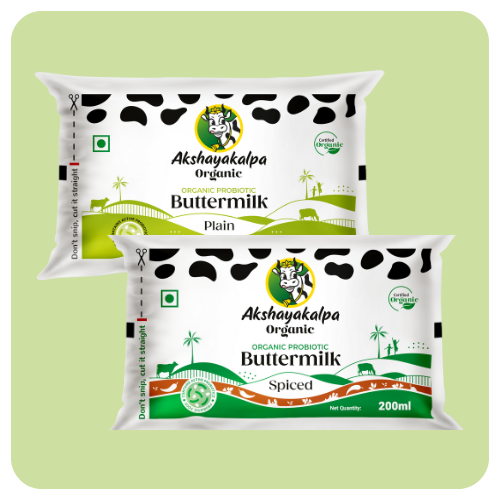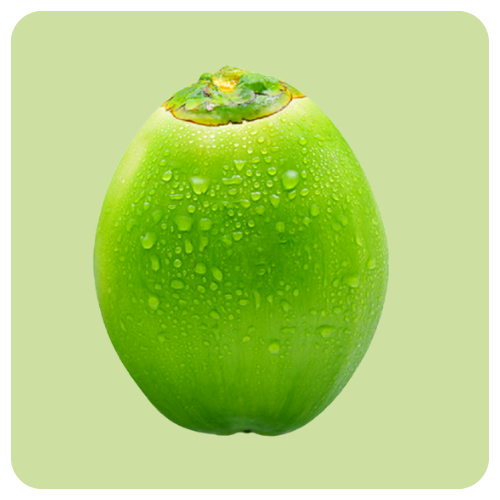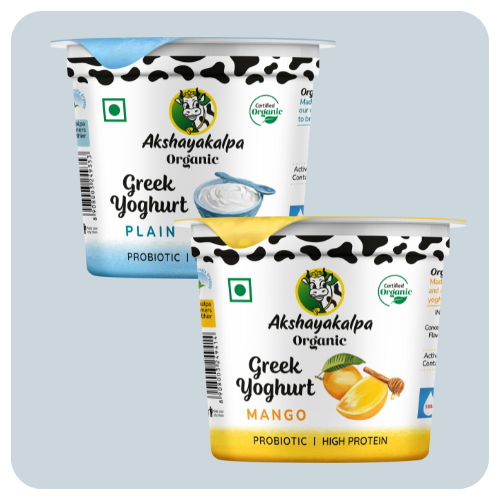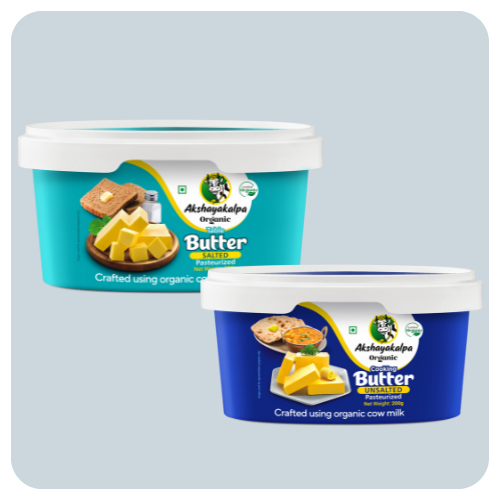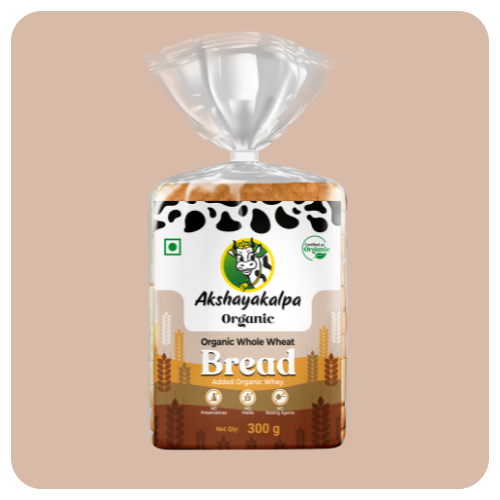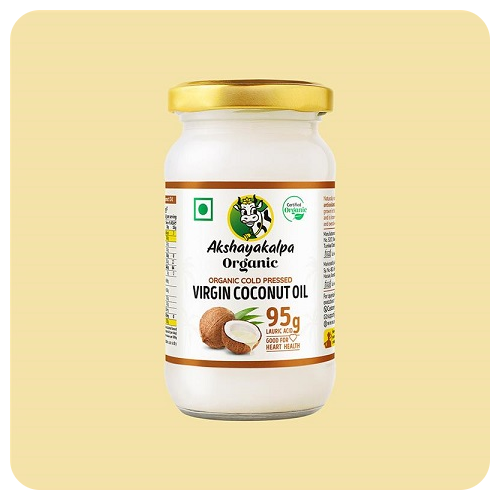Chess as nutrition, nutrition for chess
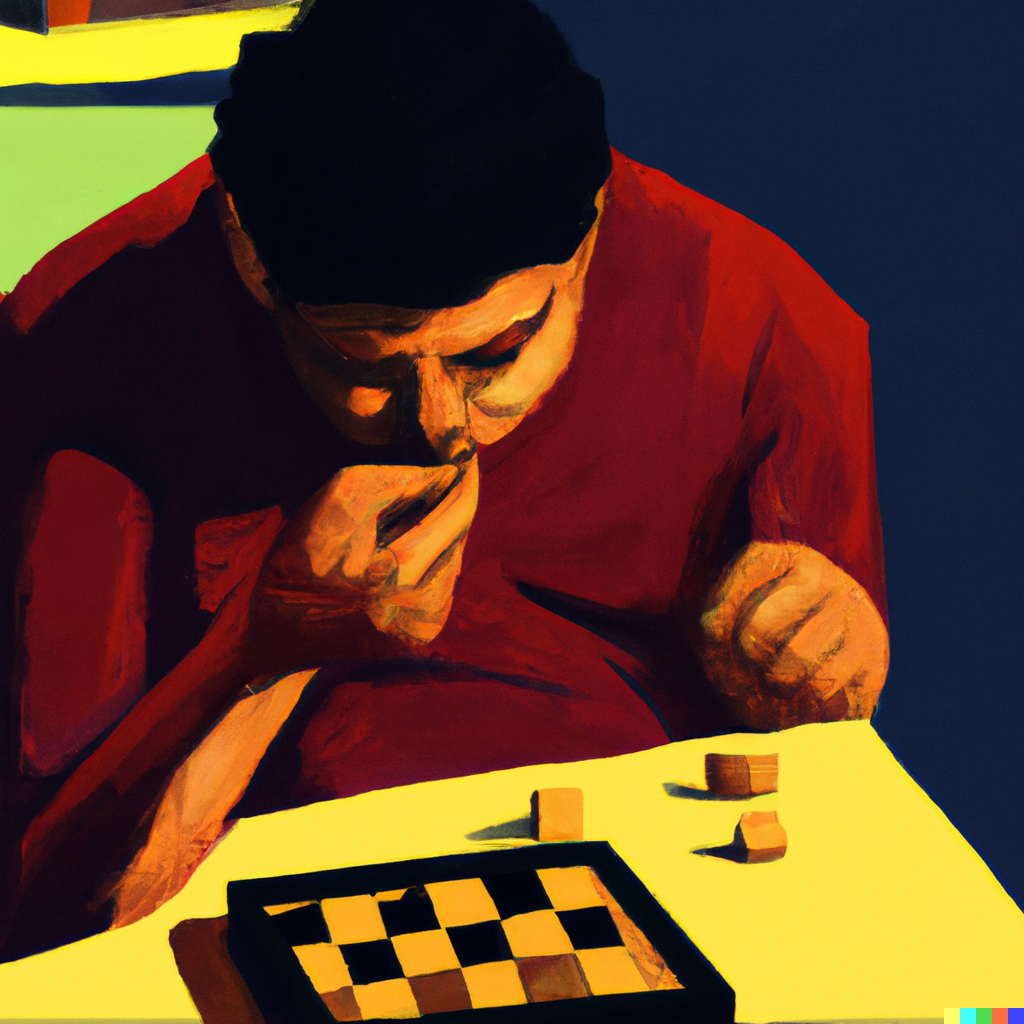
Nutrition for chess
It might come as a surprise to readers to discover the strange affinity that chess – a psychologically taxing game which demands mental grit – has to boxing. Yes, really. Boxing. There are “chess-boxing” events held in which two players battle it out using their brains and brawn in alternating rounds. The loser gets his flesh minced, promptly followed by the destruction of his ego. Both can be brutal – the former corporeally and the latter psychologically (former World Champion and one of the the greatest chess player of all time, Bobby Fischer, reveled in those moments where he could feel his opponent’s ego crumble1, according to this article by the BBC).
The human brain makes up 2% of the total body weight but consumes almost 30% of a given day’s calories.

Thus, the cognitive strain that chess players have to endure requires a healthy, fit and focused brain to combat it. Chess players in intense tournaments can burn up to 6,000 calories!2 What – apart from thousands of hours of studying their own games and their opponents’ games, not to mention preparation of openings, endgames and middlegame strategies – consists of a top-level chess player’s food intake? How do they structure their eating habits to ensure they have the greatest advantage over the board?
In a study conducted by nutritional scientist Roberto H. Baglione, RD, it was found that 66.7% of Grandmasters – the highest ranking players – ate at least three meals a day. This is not so surprising, as it is a staple of many households.
However, 36.1% of the grandmasters also attested to skipping breakfast often.
The skipping of breakfast, Baglione says, leads to a weakening of performance in other cognitively demanding tasks, a conclusion which can be extrapolated to chess, as well. So chess players, eat your breakfast with Akshayakalpa’s Organic Whole Wheat Bread, which contains higher fibers and complex carbs relative to traditional white bread, keeping you full for longer and keeping energy levels higher (see our mythbuster article on Bread for more details!). Blood sugar spikes are also reduced due to the complex carbohydrates which provide counterbalancing measures to the carbs’ caprice.
Another factor which can potentially affect performance is the meal eaten pre-game. If the food is difficult to digest or high in quantity consumed, this leads to the blood supply organs which help with digestion increasing, with a proportionate decrease in blood supply to the brain, Baglione claims. This leads to the player feeling drowsy or tired, which will negatively impact performance.
Hence, having a meal three-hours before the game is recommended.
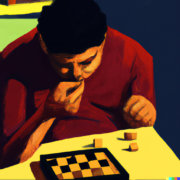
Most players also tended to consume some sort of food during the game such as water, coffee, chocolate, tea, dry fruits, protein bars, etc. Akshayakalpa Organic’s Probiotic Buttermilk is the perfect antidote mid-game, providing a myriad of nutrients and easing digestion, not to mention keeping the player hydrated and refreshed! The erstwhile world champion and the highest rated player in history, Magnus Carlsen, himself had milk as a staple of his diet in his 2018 matchup against Fabiano Caruana during their nerve-wracking games3.
Vitamin B12 is a nutrient which aids in the production of red blood cells and DNA. It is essential for chess players to keep them from getting tired. Akshayakalpa Organic’s Farm Fresh Cow Milk has vitamins B12 (and B2) which can keep players energized and fresh throughout the game. The dilution of these nutrients is greatly minimized due to the scrupulous end-to-end production process: from the fodder cows are fed to the cold-chain storage where no preservatives or chemicals are added throughout, there is a preservation of these essential nutrients. A high concentration of nutrients can be found in Akshayakalpa Organic products.
Some players in the study also reported usage of dietary supplements, which Akshayakalpa Organic’s products can potentially help to minimize due to their containing vital nutrients..
A vast majority of the players surveyed also reported having some sort of physical activity in their training regime to keep at their best during matches. Aerobic forms of exercise which produce endorphins (the ‘feel good’ chemicals), Baglione says, can contribute to players’ health.
The 2023 Akshayakalpa Organic Karnataka State Chess Championship organized in Bangalore (ongoing at the time of writing) has seen the participation of elite chess players, including India’s 50th and Karnataka’s 1st grandmaster, Thejkumar M S and International Master Viani Antonio Dcunha. Organized at the banquet hall in Forum Mall, Kanakapura Road, the event was brimming with players of all ages and guardians/parents of the younger ones. Freshly sliced paneer and cheese lay in wait for watery mouths at our Akshayakalpa Organic stalls, while buttermilk was lined up in the freezers, strategically placed to allow the players and the guardians to quench their thirst.
The nutrition intake was ensured by Akshayakalpa Organic. Players sipped our Probiotic Organic Buttermilk while pondering over their moves and their guardians sampled delicious Smoked Cheese as they waited for the grueling rounds to end.
Standing before the commencement of the 6th round- equipoised – and mingling with his young fans was Grandmaster Thejkumar M.S. When quizzed about his diet during and before tournaments, he said he does not tailor his diet and eats whatever he feels like eating, which includes vegetarian and non-vegetarian food. He also does not eschew any dishes and wholly enjoys himself!
Chess as nutrition?
Well and good. But can chess itself nourish the brain? It is a widely held belief that chess can aid in cognitive development. Many schools have made chess a part of their curriculum, believing it to contain many such benefits. But the science behind it is not very clear. A study conducted by the Education Endowment Foundation involving around 100 schools found that chess players did not perform significantly better than non-chess players in mathematics or English4.
However, even if chess did not improve academic scores, school teachers found general quality of life improvements in students with regards to their skills and behavior.
This is consistent with another study conducted by c. among older adults who were committed to senior care institutions which found an improvement in general quality of life and improved cognition with regards to attention, processing speed and executive function among its participants5
It is safe to say that playing chess can in no way be bad for the brain and might even improve your life!
